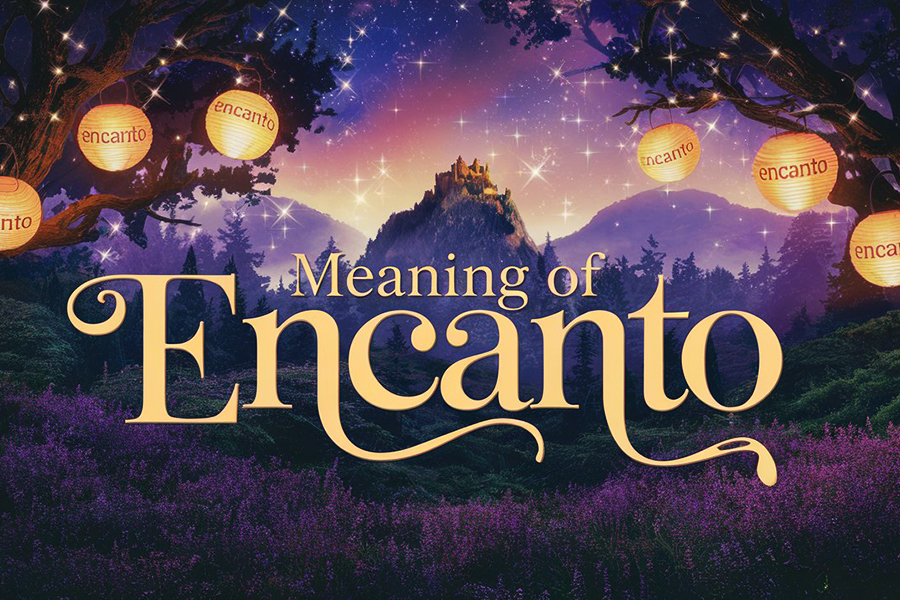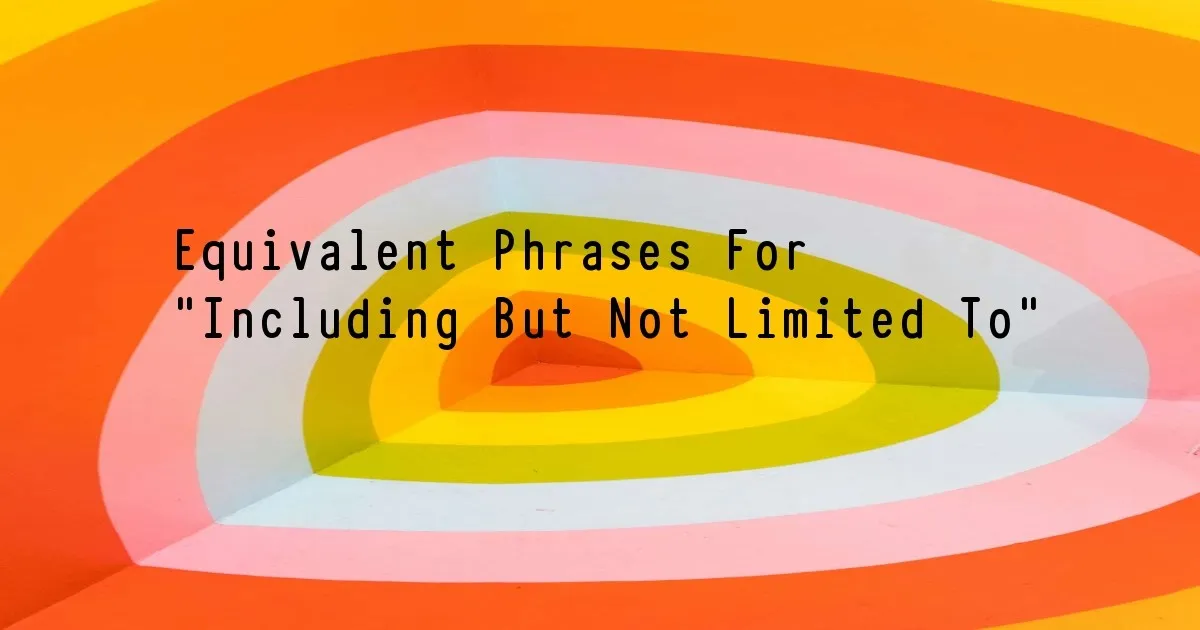Navigating Debt Relief Options: A Guide for Newfoundland and Labrador, and Nova Scotia
Debt can be a significant source of stress and worry, impacting various aspects of life. If you’re facing financial challenges in Debt relief Newfoundland and Labrador or Nova Scotia, understanding your debt relief options is crucial for regaining control of your finances. In this blog, we’ll explore the available debt relief solutions in these provinces and provide guidance on finding the right support for your needs.
Understanding Debt Relief
Debt relief refers to strategies and solutions designed to help individuals manage and reduce their debt burden. Whether you’re dealing with credit card debt, personal loans, or other types of debt, there are several avenues you can explore to alleviate financial pressure. Debt relief options can vary based on your location, financial situation, and specific needs.
Debt Relief Options in Newfoundland and Labrador
1. Credit Counseling
Credit counseling services offer professional advice on managing debt and budgeting. In Newfoundland and Labrador, organizations like Credit Counselling Services of Atlantic Canada (CCSAC) provide free or low-cost counseling sessions. Counselors can help you develop a personalized plan to manage your debts, create a budget, and improve your financial habits.
2. Debt Consolidation
Debt consolidation involves combining multiple debts into a single loan with a lower interest rate. This can simplify your payments and reduce the overall interest you pay. In Newfoundland and Labrador, you can work with financial institutions or specialized debt consolidation companies to explore this option. Be sure to compare interest rates and terms to find the best solution for your situation.
3. Consumer Proposals
A consumer proposal is a formal debt relief process in which you negotiate with your creditors to settle your debts for less than what you owe. In Newfoundland and Labrador, Licensed Insolvency Trustees (LITs) can assist with filing a consumer proposal. This option can be beneficial if you’re struggling to make minimum payments and want to avoid bankruptcy.
4. Bankruptcy
If other debt relief options are not feasible, bankruptcy may be a last resort. Bankruptcy allows you to discharge most of your unsecured debts, providing a fresh financial start. However, it has long-term implications for your credit and financial future. In Newfoundland and Labrador, LITs can guide you through the bankruptcy process and help you understand its impact.
Debt Relief Options in Nova Scotia
1. Credit Counseling and Debt Management Plans
Similar to Newfoundland and Labrador, credit counseling services in Nova Scotia offer valuable assistance for managing debt. Organizations such as the Nova Scotia Credit Counselling Service provide debt management plans (DMPs) that involve negotiating with creditors to reduce interest rates and create a manageable repayment plan. DMPs can help you pay off your debt over a fixed period while making affordable monthly payments.
2. Debt Consolidation Loans
Debt consolidation loans in Nova Scotia can simplify your financial situation by combining multiple debts into one loan with a lower interest rate. This option can reduce your overall interest costs and streamline your payments. Contact local banks or credit unions to explore debt consolidation loan options and compare terms to find the best fit for your needs.
3. Consumer Proposals
In Nova Scotia, a consumer proposal is a formal debt relief process that allows you to negotiate with creditors to reduce your debt. A Licensed Insolvency Trustee (LIT) can assist with filing a consumer proposal, which can be a viable alternative to bankruptcy if you’re unable to manage your debt with a repayment plan. This process helps you avoid bankruptcy while reaching a settlement with your creditors.
4. Bankruptcy
Bankruptcy is available in Nova Scotia for individuals who are unable to manage their debts through other means. Filing for bankruptcy allows you to discharge most unsecured debts, but it can have significant long-term effects on your credit and financial stability. Consulting with a Licensed Insolvency Trustee in Nova Scotia can help you understand the implications of bankruptcy and explore alternative debt relief options.
Finding the Right Debt Relief Solution
1. Assess Your Financial Situation
Before choosing a debt relief option, it’s essential to assess your financial situation thoroughly. Calculate your total debt, monthly expenses, and income to determine which solution aligns with your needs and goals. Understanding your financial standing will help you make informed decisions and select the most appropriate debt relief strategy.
2. Seek Professional Advice
Consulting with a financial advisor or Licensed Insolvency Trustee can provide valuable insights into your debt relief options. These professionals can assess your situation, explain the available solutions, and help you choose the best path forward. They can also assist with the paperwork and negotiations required for options like consumer proposals or bankruptcy.
3. Research Local Resources
In both Newfoundland and Labrador and Debt relief Nova Scotia, various organizations and resources offer support for individuals dealing with debt. Research local credit counseling agencies, debt relief companies, and Licensed Insolvency Trustees to find reputable professionals who can guide you through the process. Look for organizations with positive reviews and a track record of successful debt relief solutions.
4. Consider Long-Term Implications
Each debt relief option has its long-term implications. For instance, bankruptcy can impact your credit score and financial future, while consumer proposals may affect your credit rating for a period. Carefully consider these implications and choose a solution that aligns with your long-term financial goals and needs.
Conclusion
Navigating debt relief options in Newfoundland and Labrador and Nova Scotia requires careful consideration and understanding of the available solutions. By exploring options such as credit counseling, debt consolidation, consumer proposals, and bankruptcy, you can find a path to manage and reduce your debt effectively. Seeking professional advice and utilizing local resources will help you make informed decisions and achieve financial stability. Remember, the right debt relief solution can provide relief from financial stress and set you on the path to a brighter financial future.

Recent Post
What is The Meaning of a Medusa Tattoo?
January 9, 2025
The Meaning of Encanto in Spanish and Origin
January 4, 2025
Equivalent Phrases For “Including But Not Limited To”
December 30, 2024
How To Make Weekend Greetings More Fun?
December 30, 2024
10 Modern Sayings Similar To “Be There Or Be Square”
December 30, 2024







